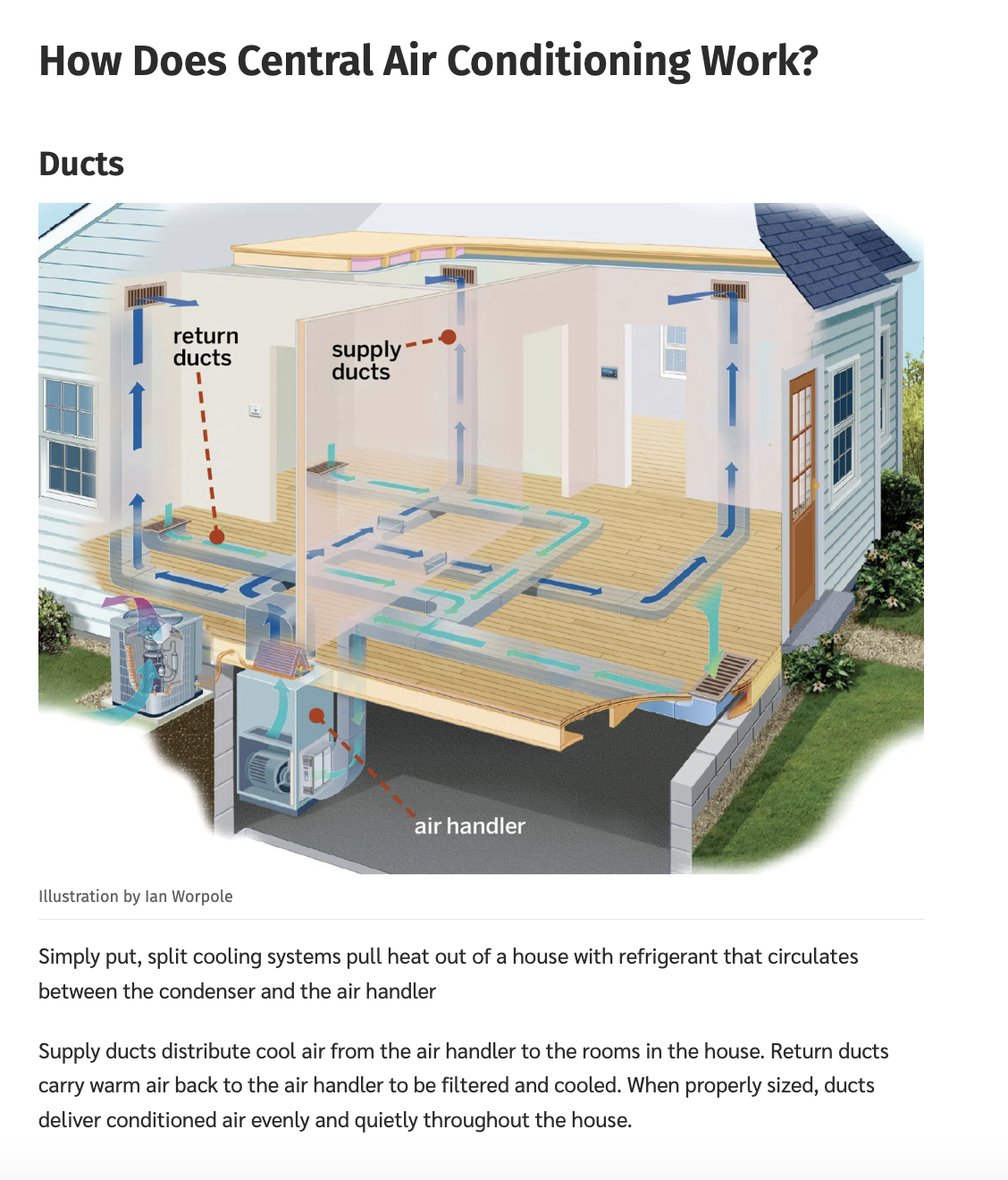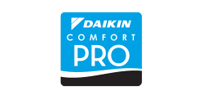Assess Your Home's Cooling Needs
The first and foremost step in installing a heat pump is to evaluate your home's cooling and heating requirements. Not all homes are created equal, and your system should be tailored to your specific needs. Take into account the size of your home, insulation levels, number of windows, and local climate conditions. An oversized or undersized unit can lead to inefficient cooling or heating and increased energy bills, so it's crucial to get the sizing right.
Energy Efficiency Matters
Energy efficiency should be a top priority when selecting a heat pump. Look for units with high Seasonal Energy Efficiency Ratio (SEER) ratings. The higher the SEER rating, the more energy-efficient the system is, which translates to lower long-term operating costs and reduced environmental impact.
Choose the Right Contractor
Selecting the right HVAC contractor is as important as choosing the heat pump itself. Ensure that the contractor is licensed, bonded, and insured. Check for references and read reviews to gauge their reputation. A reputable contractor will help you make informed decisions, provide quality installation, and offer ongoing maintenance services to keep your system running efficiently.
Consider Zoning and Smart Thermostats
Modern heat pumps often come with zoning options and smart thermostats. Zoning allows you to control the temperature in different areas of your home independently, maximizing comfort and efficiency. Smart thermostats offer remote control and energy-saving features, allowing you to adjust settings while away from home.
Plan for Maintenance and Repairs
Heating and cooling systems require regular maintenance to operate at peak efficiency. Be prepared for annual maintenance checks and filter replacements. Additionally, budget for unexpected repairs, as even the most well-maintained systems may encounter issues over time.
Evaluate Your Ductwork
Your existing ductwork plays a crucial role in the performance of your heating and cooling system. Inspect your ducts for leaks, gaps, or insulation issues. If needed, consider duct sealing or insulation upgrades to ensure efficient air distribution.
Professionally installed and maintained cooling and heating systems can significantly enhance your home's comfort, but it's not a decision to be taken lightly. Thoroughly assess your home's cooling and heating needs, prioritize energy efficiency, and choose a reputable HVAC contractor. Plan for ongoing maintenance and consider upgrading your ductwork if necessary. By addressing these key considerations, you'll ensure that your heat pump provides reliable, energy-efficient cooling and heating for years to come. Ready Refrigeration is here to assist you every step of the way, from selecting the right system to professional installation and ongoing support. Contact us today to start your journey to a more comfortable home.











